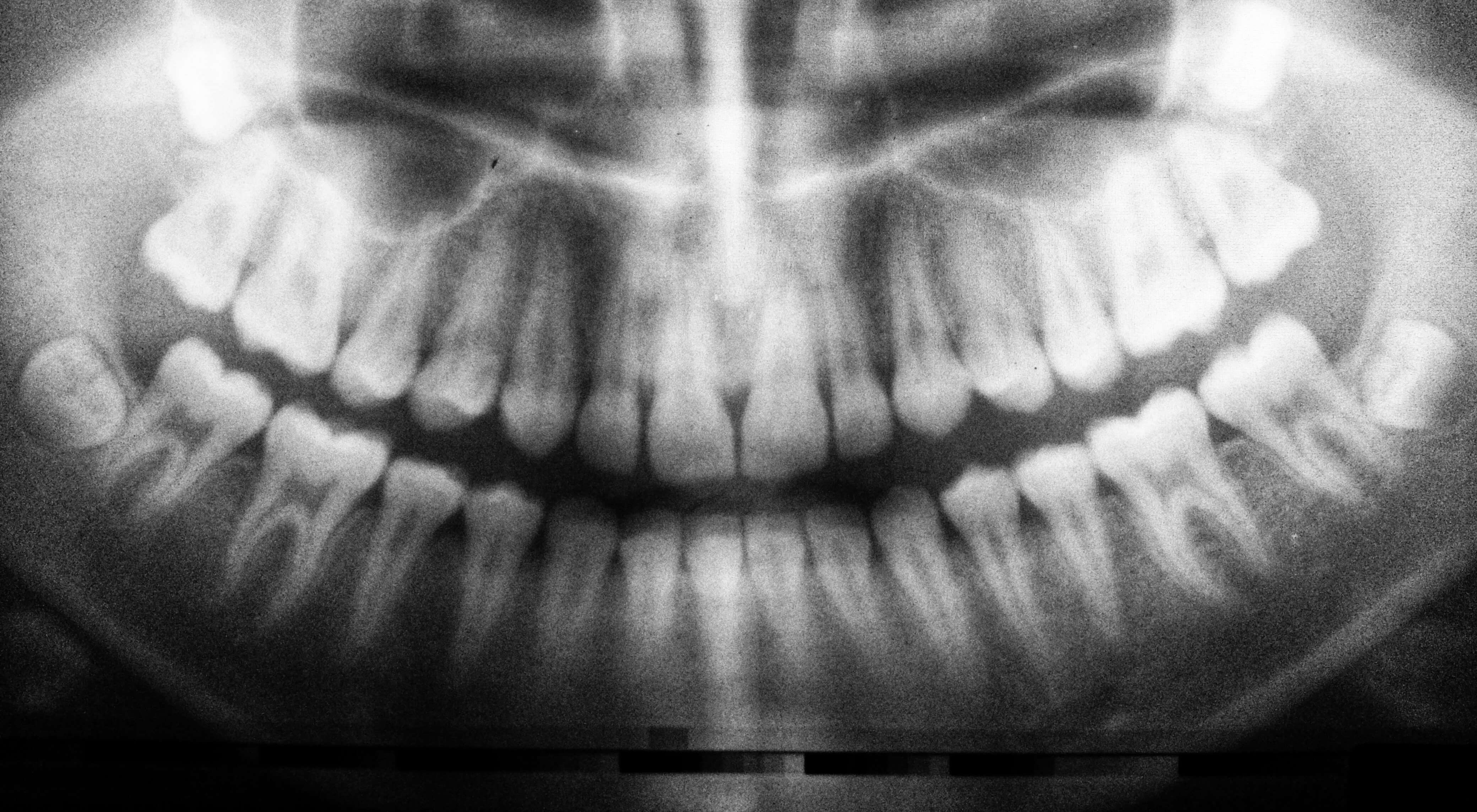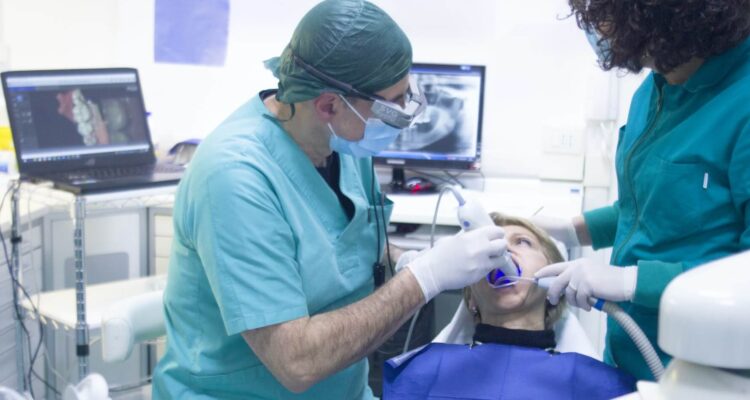Surgical tooth extraction is a common dental surgery that is often an essential first step towards regaining your winning smile. It is natural to be nervous about something like your tooth extraction procedure. Knowing the ins and outs of the surgery can make all the difference to your experience. Knowing you are in safe and reliable hands can make your procedure for tooth extraction go smoothly for you and your dentist.
Reasons you may have to have teeth extracted
Surgical tooth extraction is used as a treatment for many issues you might have with your teeth. Teeth that have become damaged, impacted, or have become untreatable are all subject to removal for the overall health of your mouth. Having wisdom teeth removed is another common tooth extraction procedure. Each procedure generally follows similar methods and steps towards extracting the problematic tooth.
Impacted Teeth
Teeth impaction is one of the most common reasons for a tooth extraction procedure. An impacted tooth is simply a tooth that has been blocked from breaking through the gum. Some teeth are partially impacted, as they have broken through the gum but still have not come in all the way.
An impacted tooth is not even noticed until it appears on a routine x-ray performed by your dentist in many cases. However, more extreme cases are possible where the impacted tooth is causing swollen or bleeding gums and can also contribute to pain when you open and close your mouth, chewing, and may also leave a bad taste in your mouth.
Wisdom Teeth
Having wisdom teeth removed is another common dental procedure. Many people do not experience pain from their wisdom teeth and have wisdom teeth that have formed correctly. There are benefits to having them removed, even if you are not experiencing pain in your wisdom teeth. Removing your wisdom teeth decreases the chance of oral diseases. Your dentist can determine what is most appropriate for you.
Damaged Teeth
Teeth can easily become damaged in common everyday accidents. Your tooth or teeth may need to be surgically extracted if the damage is severe. Injuries like a chipped tooth can be fixed through other restorative methods like cosmetic bonding, but specific symptoms can alert your dentist to whether extraction is necessary.
When a tooth has severe damage, the nerves inside the tooth can become affected as well. Nerves inside the pulp of your tooth stop sending blood to the entire tooth as a result of this damage. A tooth that has stopped receiving blood is referred to as a dead tooth.
Discolouration is often one of the first signs that a tooth is dying. The tooth will lose its naturally white sheen and may start to look grey-ish. Severe decay causes a tooth to become black. Other symptoms of a decaying tooth are swollen and bloody gums around the tooth, a foul odour and a bad taste in the mouth, and pain. It is a good idea to have your tooth examined by your dentist if one or more of your teeth suffer physical trauma.
Teeth can also be damaged by rot and decay due to negligence or harmful consumption of substances like tobacco. The tooth will have to be extracted if the decay becomes worse and the tooth is untreatable.
The tooth extraction procedure
Your dentist will meet with you for a consultation visit before any surgery is performed. They inspect and appraise your teeth to determine if surgery is the right step during the visit. They may decide to take x-rays and run a few tests to conclude what is best for your smile. If a tooth does require surgery, a later appointment will be made.
During your procedure visit, your dentist will walk you through the steps of the surgery and make sure you are calm and comfortable. They will also answer any questions you may have to put your mind at ease.
A tooth extraction procedure is relatively painless. Your dentist will usually administer a local anaesthetic, which will numb the area in and surrounding your tooth. Your dentist may decide to use general anaesthesia in some cases, which will cause you to sleep through the entire process and prevent you from feeling any pain throughout it.
For a surgical extraction, your dentist will make an incision into the gum to expose the tooth and proceed to cut away any extra bone tissue to remove the tooth itself. Your dentist can then pull the tooth by moving it back and forth until it becomes separated from your jawbone and ligaments using forceps. Typically the tooth is sectioned for easier removal. A blood clot will form to stem the bleeding after the surgery. Self-dissolving-stitches are also required for the healing phase.
You will want to set an initial recovery time for the next day or two. Limit your activity on the days directly following your surgery. Full recovery can generally range from 7-10 days depending on the type of extraction and the location of the tooth in your mouth. Your dentist can talk to you about prescribing any necessary pain medication after your treatment.
Conclusion
Do not wait to get treated if you think your mouth will be healthier after a tooth extraction procedure. Contact Serenity Smiles today at (02) 9158 6753 or visit us online.





